Surprising Reasons for Back Pain

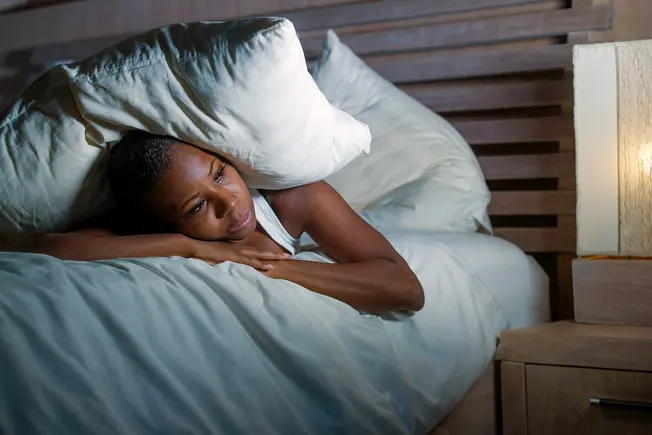
Insomnia
You might expect a sore back to keep you up at night. But sleep problems can also lead to back pain or make it worse. One study found you’re 1½ times more likely to get back pain if you have insomnia. (That means it's hard to get to sleep, or stay asleep.) Researchers aren't sure exactly why. But insomnia can make you more sensitive to pain. Stress might play a part, too. Try:
- Better sleep habits
- Relaxation techniques
- Therapy
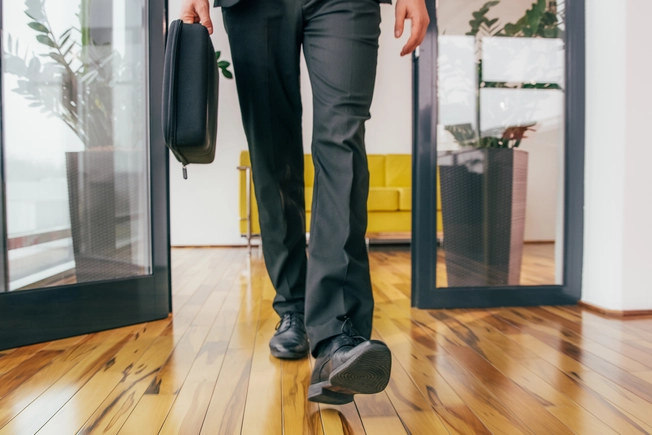
The Way You Walk
If you're like most Americans, you take 3,000-4,000 steps a day. Foot pain, flat feet, or other problems can throw off your stride. That can lead to strain on other parts of your body. Does your backache kick in when you stand up or start to walk? If so, check with a foot specialist to see if your tootsies might be to blame.
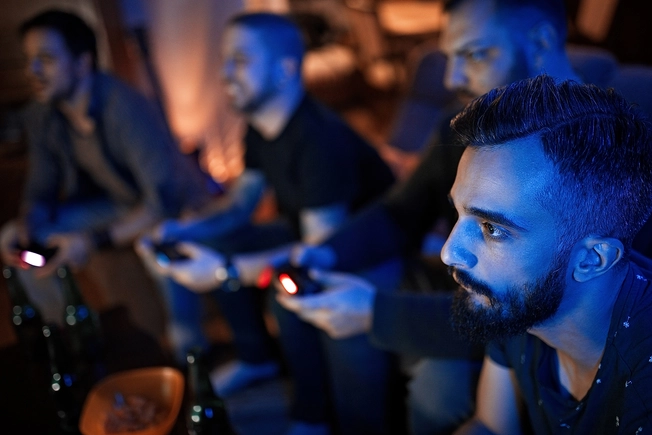
Video Gaming
Gamers tend to spend lots of time seated, with their heads tilted forward and their shoulders slumped. Poor posture and hours of sitting can lead to muscle strain and stiffness. One easy fix: Set a timer for 20- or 30-minute breaks to remind yourself to stand up and move around. And instead of slouching on the sofa, sit on a therapy ball.
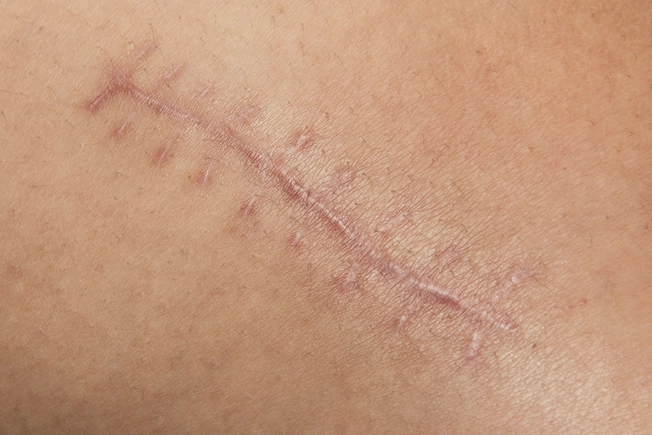
Scarred Nerves
After you have an injury or surgery around the nerves in your back, scar tissue grows. This thick, tough stuff helps the nerve heal. But when you move, the scar can tug on the sensitive area. Scarring also can also block blood supply to the nerve. Both can set off back pain. Your doctor may treat scarred nerves with electric pulse therapy, which diverts pain signals. Or you might need surgery.
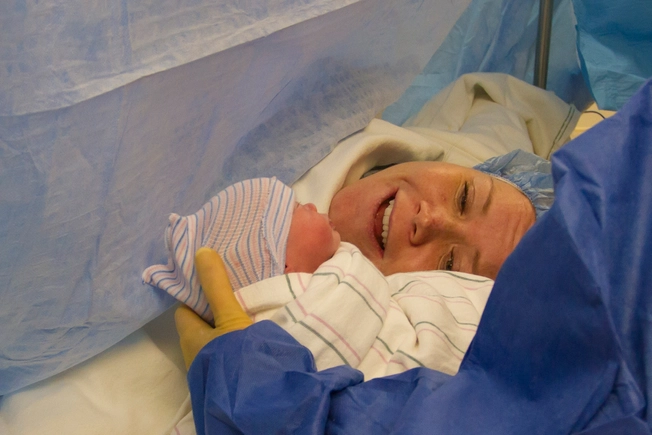
Having a C-Section
One study found that women who gave birth by cesarean section with epidural anesthesia were more likely to have lower back pain later. Labor can put your body into strained positions. An epidural cancels pain, so you could lie for a long time in an awkward pose you can’t feel. This can damage your back and lead to pain. Also, you must limit activity for a while after a C-section. That can weaken your abs -- another cause of back pain.
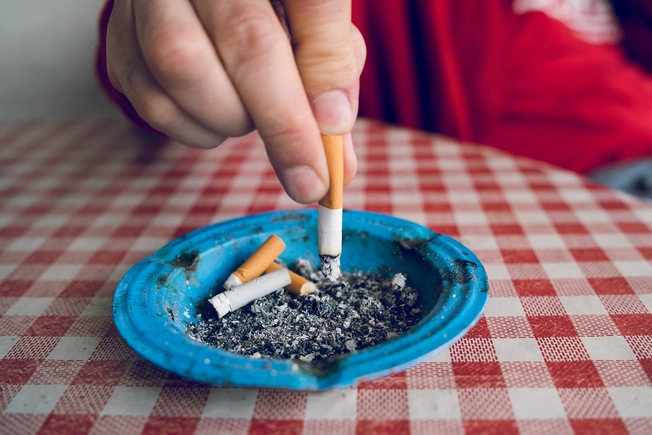
Smoking
Smokers are almost 3 times more likely to get lower back pain. Tobacco slows the flow of blood to your tissues and bones. This can lead to a painful breakdown in the disks of your spine. Since smoking also slows healing, the ache may linger. Researchers also think nicotine makes pain feel worse. Ask your doctor about ways to quit smoking.

Your Height
Studies have found a link between height and back problems. One found that women at least 5 feet, 7 inches tall were 20% more likely to have lower back pain than shorter women. The risk also rose for tall men, especially those over 6-foot-1, but less sharply. Hormones, or the way a taller body moves, could be to blame. So could posture problems that happen when you often stoop to get into a car or lean over to talk to shorter folks.
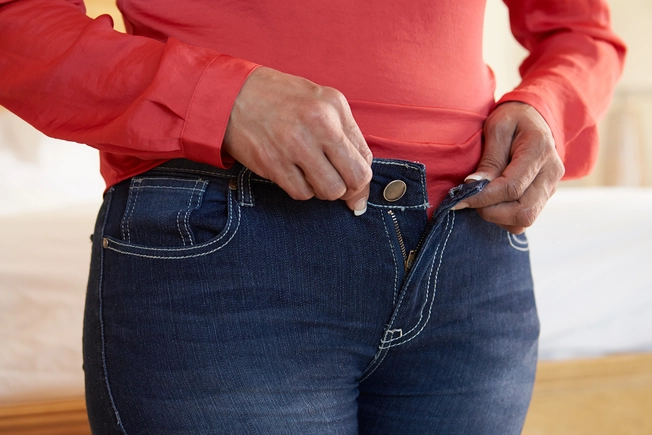
Too-Tight Pants
They might be trendy, but tight pants can cramp your style -- and hurt your back. A study of men who first wore slacks that fit, then switched to smaller sizes, found the snug pants changed their movements and posture. Tight clothing leads to awkward moves in your lower spine and pelvis. It can make you slump when you sit, too. This weakens the muscles that keep your spine in line.

Urinary Tract Infections
Urinary tract infections (UTIs) happen when bacteria from your rectum or skin get into your urinary tract and infect it. Most are bladder infections. Kidney infections are more rare, but also more serious. They can cause lower back pain along with:
- Fever
- Chills
- Nausea
Doctors use antibiotics to clear up UTIs, which are most common in women and girls.
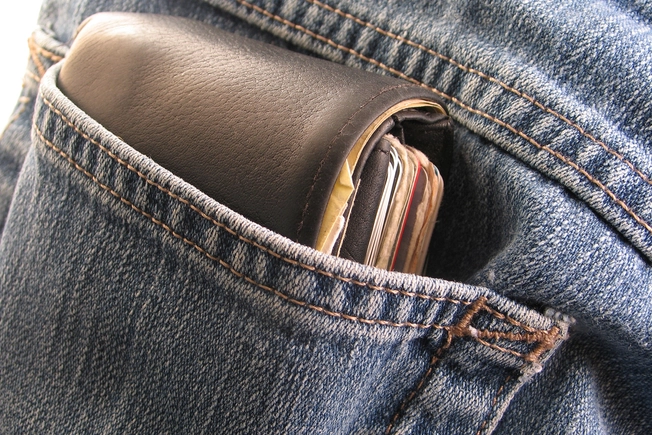
A Bulky Wallet
It’s a thing. Fat wallet syndrome made its debut in the mid-1960s, when men began to stuff credit cards into their wallets -- then sit on them. When you perch on a pocket bulging with cash, cards, and papers, muscles in your buttocks get strained. So do your sciatic nerves. This can trigger lower back pain. A slim, uncluttered wallet in your front pocket can solve the problem.
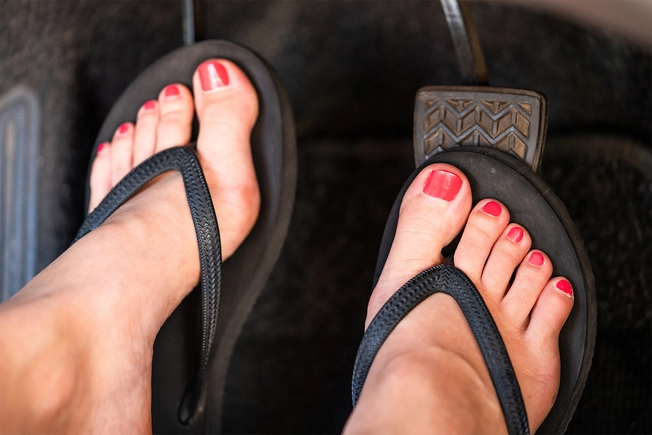
Flimsy Flip-Flops
Flip-flops -- who doesn’t love them? Your back, for one. As you shuffle along, your feet strike the ground flat, with little cushioning to absorb the impact. This not only changes your natural stride but can hurt your feet. The stress and pain can move up into your legs, hips, and lower back. Even casual summer sandals should protect and support your feet.